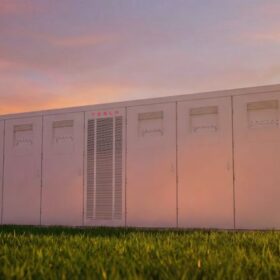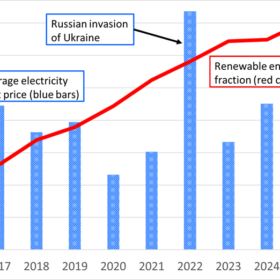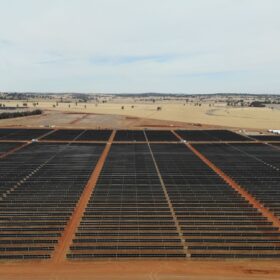The organisation is releasing a report commissioned from HoustonKemp, Creating accessible and affordable public EV charging networks for Australia, and inviting comment on the initial recommendations in the report.
The initial recommendations consider how to ensure the nation’s EV charging infrastructure is affordable and accessible for all consumers, including renters, those in regional areas, without off-street parking, and apartment dwellers.
“EVs offer perhaps the greatest opportunity for consumers in the energy transition by significantly reducing their energy costs,” Energy Consumers Australia General Manager, Policy and Advocacy Brian Spak said. “A previous report of ours, Stepping Up, showed that by 2030, households who own an EV will save $1,440 (USD 946) per year.
“CSIRO modelling commissioned by us also suggests that the uptake of EVs will reduce electricity bills for all consumers by $330 in 2030, not just those who own EVs.”
“However, an EV transition will only be equitable if all consumers can use and charge their EV conveniently and fairly, which requires a public EV charging network that effectively caters for all consumers while minimising costs.”
“This initial report highlights some ways Australia could achieve this goal and we are now very keen to hear further feedback and thoughts from a range of organisations.”
The initial report analyses the role various parties, including Federal, State and Territory and local governments, Distribution Network Service Providers, and private charge point operators can play in ensuring fair, equitable and accessible public EV infrastructure in Australia.
“Public EV charging infrastructure must be developed to meet the needs of consumers – in the right way, at the right price,” said Mr Spak.
“Stakeholder input is vital to achieving this. We’ve consulted with key stakeholders to produce this report, and welcome further feedback to these initial recommendations and we’re encouraging organisations to have their say now.”
Click here to provide feedback on the report.






By submitting this form you agree to pv magazine using your data for the purposes of publishing your comment.
Your personal data will only be disclosed or otherwise transmitted to third parties for the purposes of spam filtering or if this is necessary for technical maintenance of the website. Any other transfer to third parties will not take place unless this is justified on the basis of applicable data protection regulations or if pv magazine is legally obliged to do so.
You may revoke this consent at any time with effect for the future, in which case your personal data will be deleted immediately. Otherwise, your data will be deleted if pv magazine has processed your request or the purpose of data storage is fulfilled.
Further information on data privacy can be found in our Data Protection Policy.